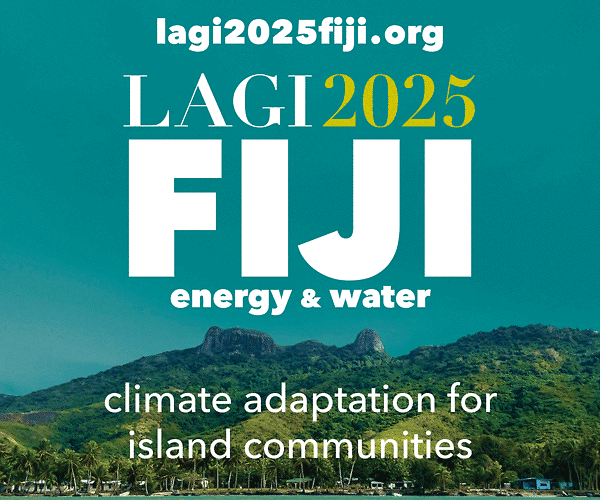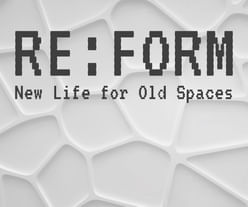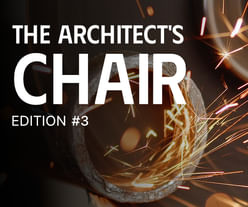

Like in many major metropoles around the world, Paris is another city that's dealing with the challenge of providing enough affordable housing for its inhabitants, long-time locals and newcomers alike. The Paris Affordable Housing Challenge invited participants to create inventive proposals that are sustainable, flexible, and can be adapted and rolled out in multiple locations in the city.
Many of the entries tackled bold ideas for new housing types and also focused on identifying underused spaces in Paris for new construction. Other submissions focused more on rethinking how the city's existing housing stock is used. In the end, the jury selected three prize-winning teams and a Green Award recipient. Take a look at the top-winning entries below.
1ST PRIZE: "Monumental Housing" by Neno Videnovic (U.S.) University: Southern California Institute of Architecture.


Jury commentary: “'Monumental Housing' focuses on the fundamental structure of Hausmann-designed Paris: landmark 'places' meant to serve as the key organizational elements of the city. Here, 12 housing blocks are designed to be dispersed throughout the city as a new form of cultural monument. Each block is to house a collection of new apartments. These are clad in a perforated metal panel that replaces the human scale of the apartment with a unitless pattern that tends toward the sculptural. The blocks are limited in their connections to the ground, to allow space for open public parks below. The project is reminiscent of Bernard Tschumi's famed competition-winning entry for Paris' Park de La Villette in the mid 1980s, in its application of a standardized sculptural element across the space of the city — a means for visual orientation and placemaking. The proposal is quirky without being gimmicky, and the judges applaud its boldness.”
2ND PRIZE: “Urban Infill - 1037 New Housing Sites in Paris” by Lourenço Vaz Pinto (Portugal). University: Southern California Institute of Architecture.


Jury commentary: “According to the submission, titled ‘Urban Infill’, it ‘mines the thousands of open spaces located throughout Paris in the shape of its urban courtyards to use as added affordable housing sites.’ The project identifies 1,037 inter-block sites for the construction of nearly 2 million m² for residences. This corresponds to 81,500 new micro-units that could house up to 135,000 people in Paris. The massing of each site claims to respond to specific building distance, sunlight, and cross ventilation requirements. Both the urban analysis and the resulting building forms are enticing, and the back-yard lot construction is certainly aimed to be provocative. Whether the seductive crystalline forms represented in the drawings could be constructed affordably and profitably is another matter, likely requiring a further level of research. The project represents a well-thought response to the form and density of the typical Parisian block.”
3RD PRIZE: “9.000 New Social Houses for Paris” by Chiara Quintanal Rivacoba + Bianca Ludovica Palmieri (Italy). University: Polytechnic University of Turin.


Jury commentary: “This project proposes a modified system of development for 9000 logement sociaux, or social housing sites. According to this system, property rights are to be partially transferred by a property owner to a 'social owner', or property management entity. As a method of oversight, the process requires city hall to meet with both the legal owner and the social owner prior to the architect's submission of design documents to the council for approval. Projects are to contain socially-oriented community spaces as well as a for-profit commercial space, as a means to long-term profits that would incentivize social management or investment. The jury was supportive of this project, which analyzes and re-thinks city-specific economic and political drivers of projects. The entry intelligently adapts the popular graphic style of Paris city maps. The result is playful, positive, and convincing.”
BB Green Award: La Ceinture Vivante - The Living Belt by Matt Sterne, Oscar Clarke, Ingrid Schwalm McEwan, Kate Schoonees (New Zealand)


Project excerpt: “Paris is facing a massive demand for rental properties as landlords prefer targeting the lucrative tourist market. There is also a push to de-gentrify the inner-city and break the trend of low-income families being forced into the cheaper, outlying North-Eastern suburbs. However, due to the high density and land prices of the inner arrondissement’s, this is a difficult challenge to address. This proposal suggests a solution lies in reactivating the rail line through calculated urban interventions. In doing so, creating vibrant communities that help re-connect the urban fabric and promote cross-cultural living. A commitment to sustainability and the human-scale sees a proposal that utilizes renewable resources and enhances the lives of the people who live there.”
Learn more about the winning entries and the Honorable Mentions here.

Land Art Generator Initiative 2025 Fiji: Climate Resilience for Island Communities
Register/Submit by Mon, May 5, 2025

Re:Form – New Life for Old Spaces
Register by Wed, Jan 22, 2025
Submit by Tue, Sep 2, 2025

The Architect's Chair / Edition #3
Register by Wed, Jan 15, 2025
Submit by Tue, Feb 18, 2025

2025 Lyceum Fellowship - A Community for the Future of Food
Register/Submit by Thu, May 22, 2025
1 Comment